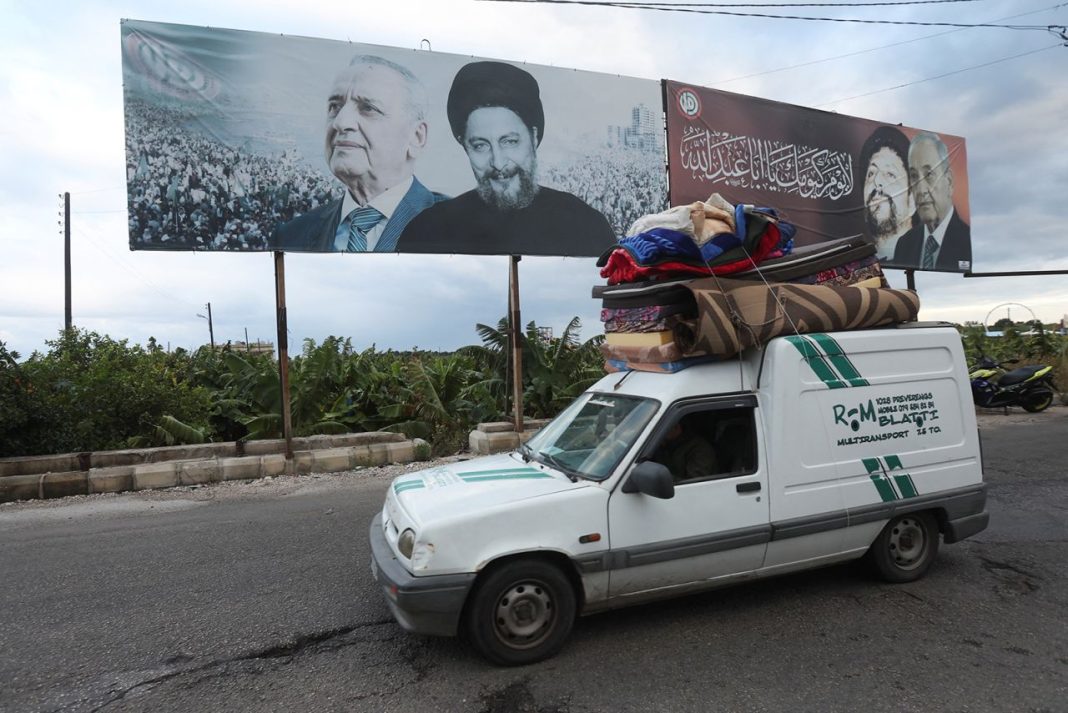A military statement said its forces fired warning shots on vehicles in an area prohibited for movement to prevent it from advancing, without specifying where the incident took place.
“The Israeli Air Force remains ready to act across Lebanese territory,” the statement added.
The Lebanese state news agency NNA reproted Israeli troops shelled the towns of Kfarkela and Khiyam, shortly after the cease-fire took effect.
According to the broadcaster, three Israeli tanks also crossed the Fatima border gate towards Tal Nahas area in southern Lebanon.
The cease-fire deal between Israel and Lebanon took effect hours after US President Joe Biden said a proposal to end the conflict had been reached, amid hopes it would stop Israeli airstrikes on Lebanese towns and cities and end the year-long cross-border fighting.
Over 3,800 people have been killed in Israeli attacks in Lebanon and over 1 million displaced since last October, according to Lebanese health authorities.
On Wednesday, the Lebanese army announced it is preparing to deploy to the south of the country after a cease-fire between Israel and Hezbollah entered into effect.
In a statement, the army said based on a request from the government, it will deploy to southern Lebanon in coordination with the UN peacekeeping mission in Lebanon (UNIFIL) and in implementation of the UN resolution 1701.
Resolution 1701, adopted on Aug. 11, 2006, calls for a complete halt to hostilities between Hezbollah and Israel and the establishment of a weapons-free zone between the Blue Line and the Litani River in southern Lebanon, with exceptions for the Lebanese army and UNIFIL.
The Lebanese army urged citizens to wait before returning to the frontline village and towns “where the Israeli enemy entered, awaiting their withdrawal in accordance with the cease-fire agreement”.
